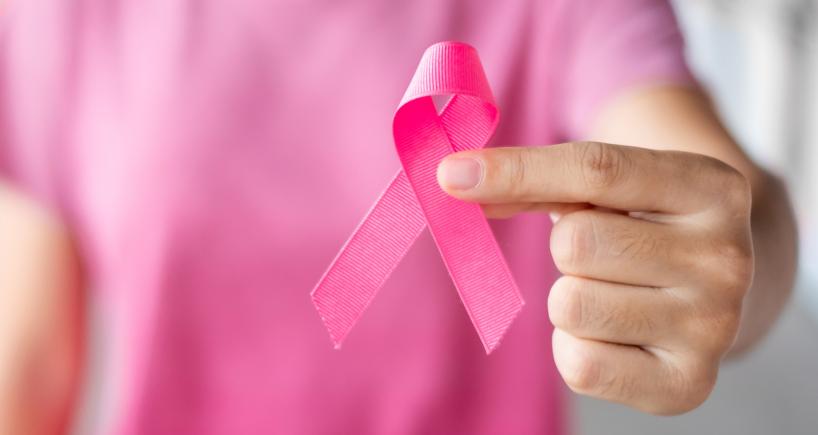
Understanding and Addressing Breast Cancer in India
Cancer poses a significant health burden in India, with approximately 1 in every 9 Indians facing a lifetime risk of being diagnosed with the disease. Breast cancer, in particular, accounts for 12.5% of all new cancer cases globally and about a quarter of all cancer cases in India. Alarmingly, according to the Indian Council of Medical Research (ICMR), less than 5% of Indian women undergo regular breast cancer screening, despite early detection dramatically improving survival rates.
Early Detection: Key Warning Signs
Breast cancer has five early warning signs that are easily noticeable:
- A lump or swelling in the breast or armpit
- Changes in skin texture over the breasts or nipples
- Nipple retraction
- Nipple discharge
- Breast or nipple pain
Recognizing these signs and seeking prompt medical attention is crucial for early diagnosis and treatment.
Risk Factors
Genetic Mutations: Inherited mutations in genes such as BRCA1 and BRCA2.
Family History: Having close relatives with breast cancer.
Age: Risk increases with age.
Hormonal Factors: Early menstruation, late menopause, and hormone replacement therapy.
Lifestyle Factors: Alcohol consumption, obesity, and lack of physical activity.
Diagnosis of Breast Cancer
Mammogram: An X-ray of the breast used to detect early signs of cancer.
Ultrasound: Uses sound waves to produce images of structures within the breast.
Biopsy: Removal of a small amount of breast tissue for examination under a microscope.
MRI: Provides detailed images of the breast.
Treatment and Management
Breast cancer is highly treatable at all stages, thanks to the availability of effective treatments with good response rates. Treatment plans are tailored to individual patients based on several factors, including the cancer subtype, disease stage, and patient preferences. Diagnosis typically involves a breast biopsy followed by immunohistochemistry (IHC) studies to determine the cancer subtype.
It is essential to dispel the myth that a biopsy can spread cancer. This misconception can delay diagnosis and treatment. Once diagnosed, breast cancer treatment often involves a multi-modality approach, including surgery, chemotherapy, radiotherapy, hormonal therapy, and targeted therapy. Chemotherapy may be administered before or after surgery, depending on the cancer subtype.
Surgical Options and Reconstruction
Breast cancer surgery can be performed in two primary ways: breast-conserving surgery, which is usually followed by radiotherapy, or mastectomy, which involves the complete removal of breast tissue. Post-mastectomy, various breast restoration and reconstruction options are available, offering patients the opportunity to regain their physical appearance and confidence.
Early screening and prompt treatment are vital in the fight against breast cancer. Women are encouraged to visit their healthcare providers for regular screenings, biopsies if needed, and to discuss the most appropriate treatment options. Understanding and addressing breast cancer can significantly improve outcomes and enhance the quality of life for affected individuals.
Fortis Hospital, Noida, offers comprehensive breast cancer care, including early detection, advanced treatment options, and support services. For more information or to schedule a consultation, please contact our oncology department.
Categories
Clear allMeet the doctor

- Oncology | Surgical Oncology
-
27 Years
-
1200



















